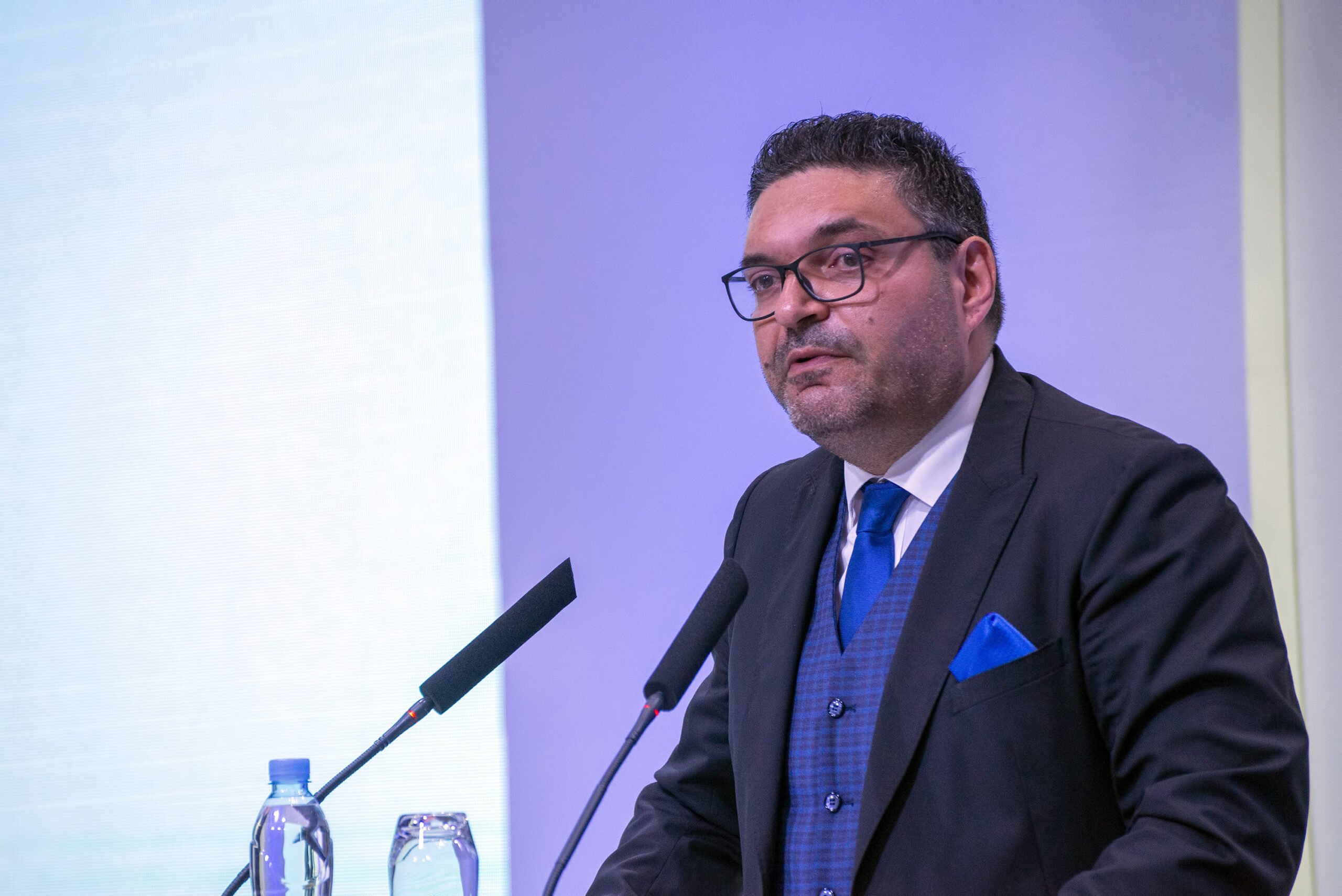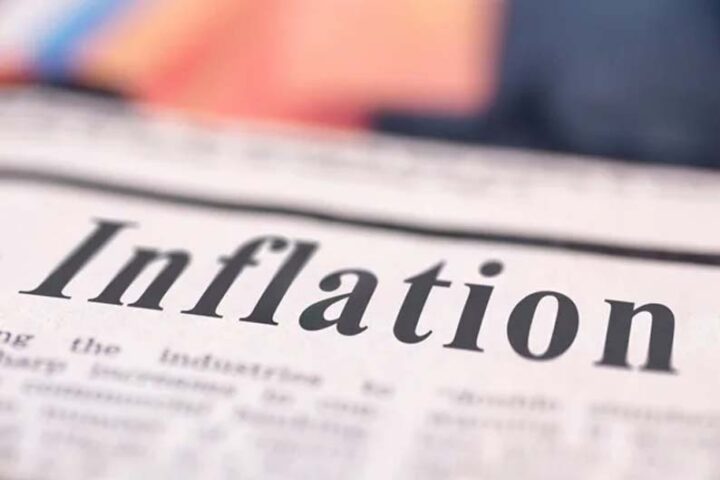Finance Minister Constantinos Petrides argues the best way to address rising inflation is not by imposing additional taxes but by investing in growth.
He also assured Cyprus is not over-exposed to Russia, so its banking sector is not affected.
Commenting on a Financial Times article that Cyprus is largely affected by the war in Ukraine, the minister disagreed there is over-exposure to the Russian factor.
In 2012, the year before the financial crisis forced the island to seek an international bailout, bank deposits held by non-eurozone residents amounted to €21.9 bln.
They have shrunk but still amounted to €6.4bn at the end of February, most Russian money.
On inflation, he said the government has to protect the vulnerable groups and focus on attracting more investments, which will create and increase income and protect purchasing power whittled away by high inflation.
He pointed out the government will make efforts to protect the economy through development without imposing additional taxes, as is the case in other countries.
The main concern at the international level is that with soaring inflation, there may be an increase in interest rates, which will create difficulties in repaying high debts, public or private.
For this reason, he added, many countries may increase taxes to protect their public finances, noting that Cyprus does not share this strategy.
“The Cyprus economy is affected, of course through the loss of tourist revenue about 20% of the tourist product was made up of tourists from Russia.
“Nevertheless, we are trying to close the difference by establishing new routes. We have already established about 35 new routes from European countries, thus mitigating the impact largely”.
He added that the provision of professional and consulting services to businesses of Russian origin might also be affected by reduced turnover and profits.
“In the banking sector, we don’t expect a significant impact, given the minimal exposure of Cypriot banks to Russian entities and Russian deposits in Cyprus have been significantly decreasing.
“They just account for about 3.8% of the total deposits.
“Furthermore, our banks are very well capitalised with ample liquidity, while Cyprus does not hold reserves of the Russian Central Bank”.
Inflation risk
He said that the most important risk is inflation and what comes with it.
“Managing inflationary pressures without putting at risk the viability of public debt, especially for countries with relatively high debt levels, like Cyprus, is a real challenge.
“Many countries are following the path of increasing taxation to safeguard public finances due to the future risks and the future vulnerabilities.
“This is not what we did in 2013, and this is not what we will do now. Our answer is Growth, Growth, Growth.
“Higher growth rates to increase incomes, more growth to increase the purchasing power, higher growth rates to create or sustain jobs.
“We came out of the crisis without raising taxes, and now with the pandemic, we did manage to recover fully. We were one of the few countries that covered the lost ground in one year.
“The answer lies with our new growth model and economic philosophy.
“Open economy, entrepreneurship, ease of doing business, facilitating productive investments, more foreign direct investments, private investments”.
The government has emphasised transforming Cyprus into a regional Business Hub, particularly for the High-Tech Industry.
“An industry whose value-added can increase more than any other industry in a relatively short period.”
“We introduced new tax incentives, opened up the labour market to third-country nationals and their families, with addressing immigration issues, facilitated the establishment of the new companies and their families in Cyprus.
“And this is one of the reasons that due to the war in Ukraine, we have seen even more companies coming to Cyprus,” said Petrides.










